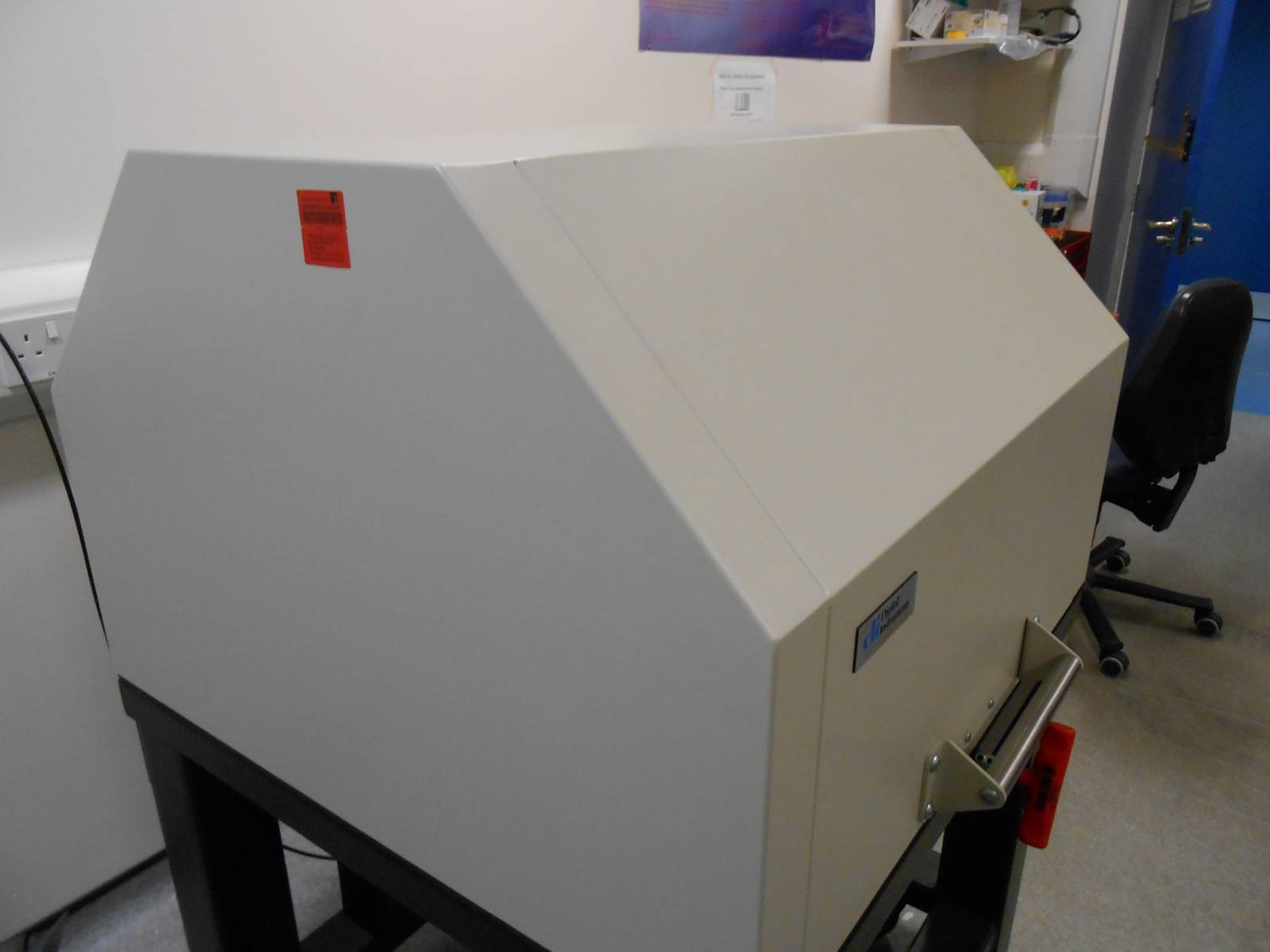
The Nerve Growth Factor (NGF) is a complex protein that promotes the survival, maintenance, proliferation, and activity of neuronal cells, as well as the differentiation of premature neuronal cells into post-mitotic mature neurons. The combined QCM-D and XPS data indicated that protein adsorption is a self-limiting process that passivates the surface after the deposition of roughly one molecular layer, preventing any further protein adsorption in the long term. Thus, we demonstrated that the chemical composition of the polymeric material and, in turn, its surface roughness determine the interaction with the protein and identified that copolymers may offer an advantage in terms of protein interaction/adsorption. In line with this, PP/PE copolymers also show higher contact angle values, indicating a lower surface wettability for the rhNGF solution on copolymers than PP homopolymers. Our analyses showed that copolymers are characterized by a lower degree of crystallinity and lower roughness compared to PP homopolymers. Polypropylene (PP)/polyethylene (PE) copolymers and PP homopolymers, both as spin-coated films and injected molded samples, were evaluated for their degree of crystallinity and adsorption of protein.


Here, we developed a multi-technique approach that combined Differential Scanning Calorimetry (DSC), Atomic Force Microscopy (AFM), Contact Angle (CA), Quartz Crystal Microbalance with Dissipation monitoring (QCM-D), and X-ray Photoemission Spectroscopy (XPS) to investigate the interactions of rhNGF on different pharma grade polymeric materials. The surface properties of drug containers should reduce the adsorption of the drug and avoid packaging surface/drug interactions, especially in the case of biologically-derived products.


 0 kommentar(er)
0 kommentar(er)
